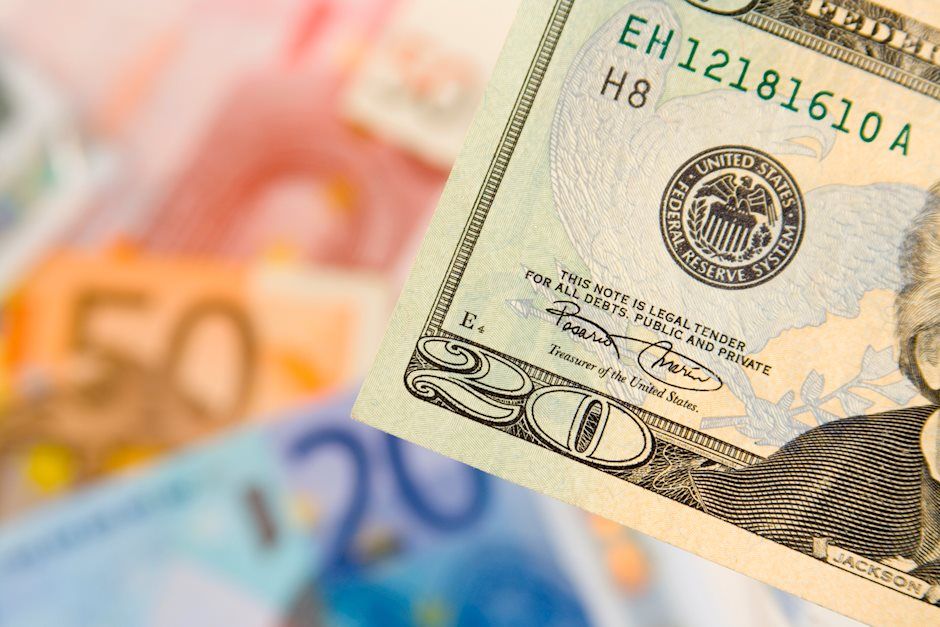EU Summit preview: Four EUR/USD scenarios for the selection of the new ECB President
- EU leaders will try to thrash out the top positions and may decide who will lead the ECB.
- Each ECB candidate has a different view that may impact the euro.
- EUR/USD be impacted by the decision for a long time.

European Council President Donald Tusk has summoned the leaders of the EU to an extraordinary summit after they have previously failed to divvy up the top jobs. The three most important positions are Tusk's position, the president of the European Commission, currently held by Jean-Claude Juncker, and the president of the European Parliament that must be chosen after the EU elections. In addition, European Central Bank President Mario Draghi also ends his term this year – and this vacancy is also part of the EU's horse trading.
There are five leading candidates to inherit Draghi for an eight-year term. Each one has a different approach. A hawkish member may push the euro higher by refraining from cutting interest rates or even raising them. A dovish member may weigh on the common currency with deep rate reductions and perhaps a new bond-buying scheme.
Here are the four candidates and their potential impact on the euro:
1) Jens Weidmann – Hawkish
The current president of the German Bundesbank is a hawk. He took the ECB to court – and failed – for its efforts to prop up the monetary union by buying bonds. He may win the job if a Frenchman wins the position of European Commission president.
In case Weidmann is nominated, the euro could surge – at least until Weidmann begins his tenure in November. The relatively young central banker may change his mind once the weight of the job is on his shoulders.
2) Olli Rehn – Moderately hawkish
The head of Finland's central bank is also hawkish – and not only due to being a "northerner." In his previous position in the EU, Rehn oversaw harsh austerity imposed on southern European countries.
If Germany settles for Rehn as the ECB president, the euro could advance nicely and continue doing so for a significant period of time, albeit in a more gradual pace in comparison to Weidmann.
3) Erkki Liikanen – moderately dovish
Rehn's predecessor at the top job in Finland is different. He is a supporter of the extraordinary measures that Draghi led during the crisis years and also has experience as a finance minister and as a commissioner.
In case Liikanen wins the top job, he would probably push the euro lower, albeit at a moderate pace – providing some continuity to Draghi's policies.
4) Benoît Cœuré – Dovish
The French central banker is probably the most dovish of the leading candidate. He may provide more continuity than Liikanen and take the ECB in a more dovish direction than Draghi. He may win the top job if Germany's Manfred Weber becomes EC President. However, Cœuré may miss out on the top job due to the ECB's internal rules.
In case Cœuré is appointed, the euro may fall in the short term. However, the Frenchman may want to provide moderation in his first months in office – perhaps similar to Weidmann.
Other candidates include François Villeroy de Galhau which leads the Bank of France and holds similar views to that of Cœuré. Another name on the list is Klaas Knot who leads the Netherland's central bank and is closer to Rehn's views.
Conclusion
If EU leaders divvy up all the top jobs in the June 30th summit, the nomination of the next ECB president may have a profound impact on the euro. Weidmann would be euro positive, Rehn moderately positive, Liikanen moderately negative, and Cœuré negative.
It is important to note that markets will also be reacting to the Trump-Xi Summit held over the weekend.
Author

Yohay Elam
FXStreet
Yohay is in Forex since 2008 when he founded Forex Crunch, a blog crafted in his free time that turned into a fully-fledged currency website later sold to Finixio.

















